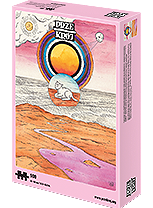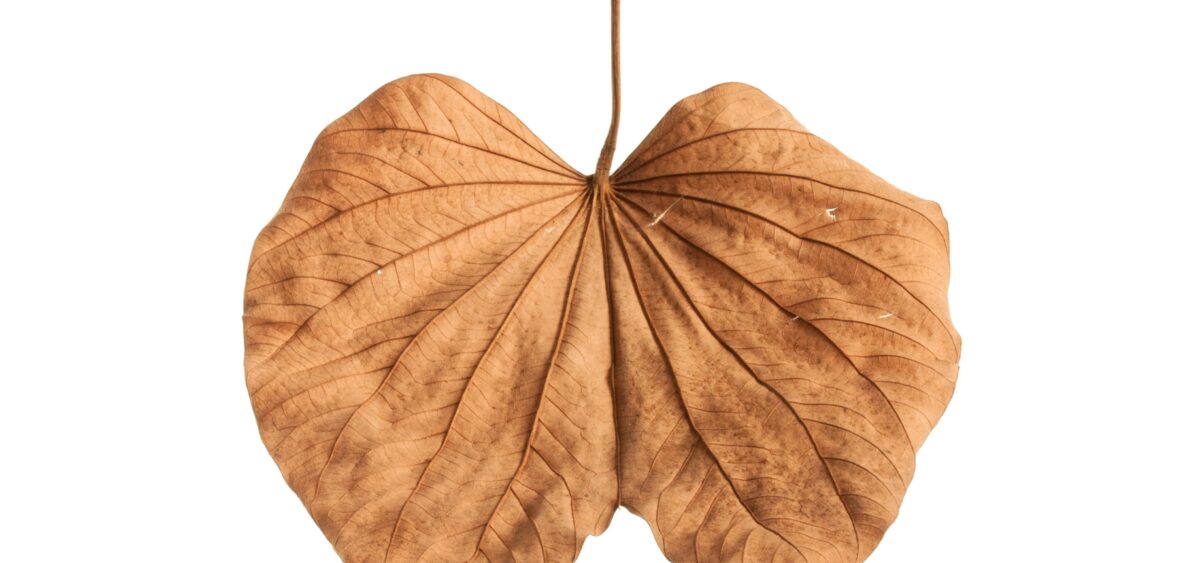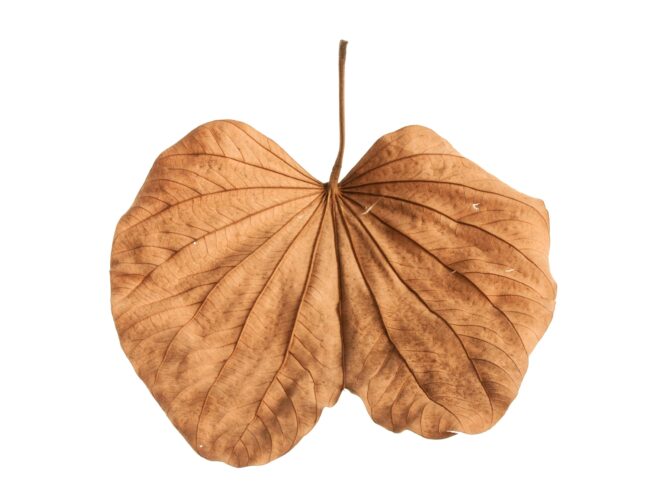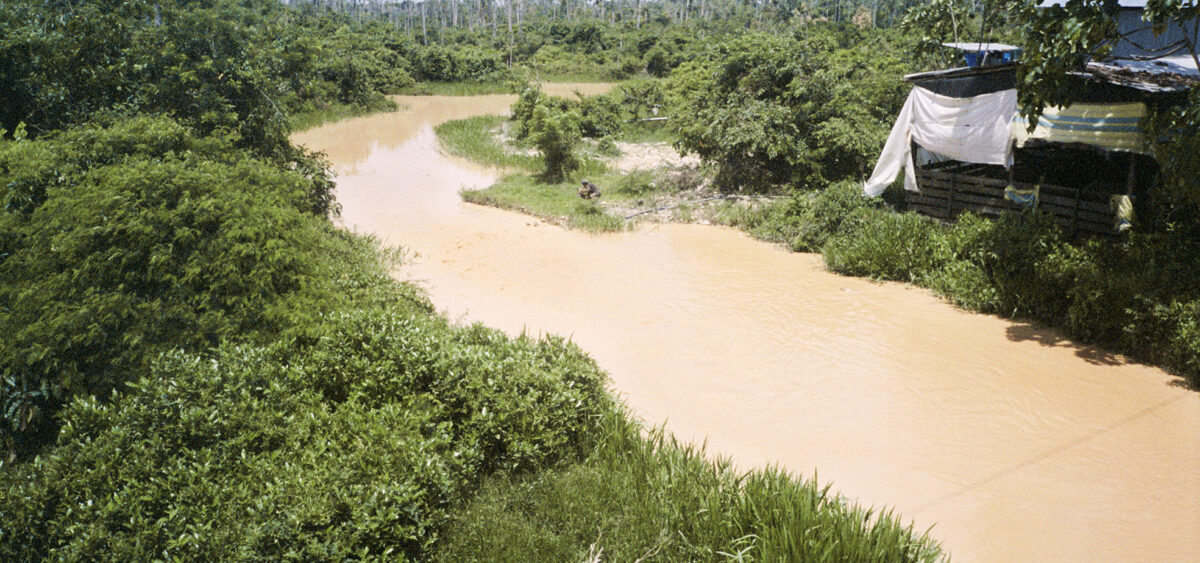
In the past, the small Midlands province town of Shurugwi, some 350km southeast of Harare, the Zimbabwean capital, and once famed for chrome and gold, used to attract foreign and local tourists because of the picturesque Boterekwa escarpment.
“Boterekwa”, in the local Shona language, means “winding”. Italian constructors carved a 6km road that meanders and twists through the steep slopes of the mountain, giving those who use or visit the escarpment a breathtaking experience.
Beautiful fresh water creeks and streams snaking through thick and varied bushes used to hug the foot of Boterekwa, which is 1440km above sea level. .
These days, the creaking beetles and frogs that produced a symphony in the streams at night are as rare as the tourists. Save for the odd season when there are sufficient rains, the streams are mostly dry.
Panning for survival
Driving through the steep escarpment is still a beautiful experience but there is an evident ugliness dominating the valley now.
Lush bushes have given way to mushrooming shacks set up by hundreds of small time illegal gold miners.
They come from surrounding villages but a significant number is from different districts.
Over the years, the unauthorised miners who range from boys hardly into their teens to family men and women in their late 40s, have dug pits and tunnels into the valley, scooped out the earth and panned it for gold.
Illegal gold panners have left a trail of destruction and increased communities’ vulnerability to climate change. By Fidelis Manyange
They have done the same on the banks and bed of Mutevekwi, an average river running through the valley below.
When the rains fall—and they have been rare in the last decade or so—the red soils dug out on the valley is washed into the river, clogging it and turning the water into an ugly brown.
That makes it almost impossible for livestock from surrounding rural farming settlements to drink from the river as they used to do before the area was invaded by the small-time miners.
Many cattle have been reported to have died after drinking the water, which is laced with mercury that the miners would have used to separate the alluvial gold from impurities.
It also means that villagers settled downstream have difficulty using the dirty and polluted river water to irrigate their small vegetable gardens.
The vegetables provide food and are sold to augment meagre household income.
The ugliness of the va








